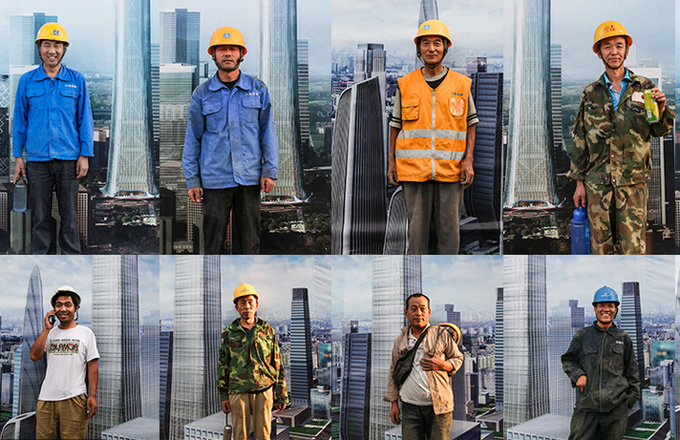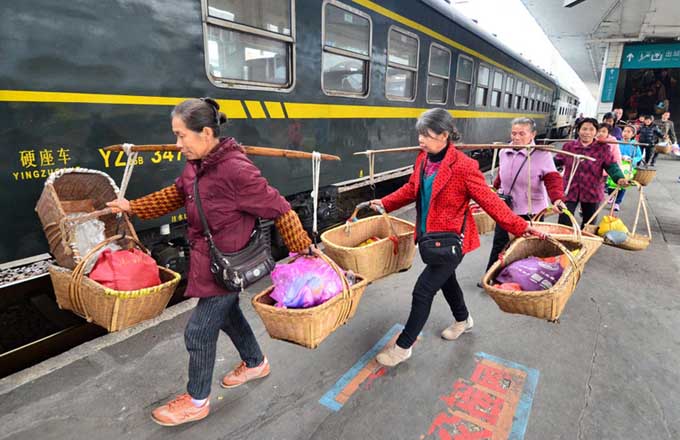Education through service
HIV/AIDS pioneer
Li Keqiang began farming as a 19-year-old "educated youth" in Fengyang county, Anhui province. During his time in the impoverished county, Li came to understand poverty and starvation, according to Xinhua.
As a member of the Central Committee of the Communist Youth League, Li helped to build China's first "Project Hope" primary school in Anhui's Jinzhai county. Project Hope, which has grown into one of the largest charitable institutions helping children from poor areas to access education, has received 7.85 billion yuan ($1.26 billion) in donations during the past 23 years and built 17,574 primary schools nationwide.
In 2002, as Party chief in Henan province, Li put the treatment and prevention of HIV and AIDS at the top of the government agenda in response to several outbreaks across the province. Li visited patients in the hardest-hit villages and invited Gao Yaojie, a retired doctor and AIDS activist, to his office to review the situation.
The provincial government provided direct assistance to the 38 hardest-hit villages as Li instituted a policy to provide HIV and AIDS patients with shelter, food, clothing and basic medical insurance. Juvenile patients and orphans were also provided with free education. Those who contracted the disease from tainted black market blood received free heath checks and treatment.
Michel Sidibe, executive director of the Joint United Nations Programme on HIV/AIDS, later thanked Li for his role in the progress China has made in the prevention of AIDS.
When Li was transferred to the northeastern province of Liaoning in 2004, he was shocked to learn about the housing difficulties that afflicted the population; in one town, a lack of amenities meant that nearly 1,000 people were forced to use a single toilet. The provincial government quickly released a plan to help 1.2 million residents move into new apartments.
Housing transformation
A large-scale housing transformation project was accelerated in Shanghai after Yu Zhengsheng, another member of the new leadership body, inspected one of the city's uninhabitable residential areas and discovered that residents had to hang plastic bags from the ceilings to catch the rain water that leaked into their homes.


















